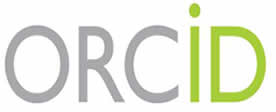
International Open Access (OA) Week takes place this year from October 21 to October 27, 2013, with events taking place all over the world to raise awareness of what open access means for research and researchers.
This year’s theme is “Open Access: Redefining Impact” and focuses on how open and immediate access to scholarly research and the right to use and re-use results, have the potential to transform the way research is conducted. Understanding alternative metrics (altmetrics) is another way to measure the reach and exposure of one’s research in addition to simply monitoring how many times a published article is cited. While citation counts have value, the Internet has provided a means to explore social media and other communication channels where scholarly publications can be tracked for a more immediate response to the research shared. To better understand altmetrics, visit the Public Library of Science (PLoS) webpage for an overview or you can join a group on Mendeley that discusses new approaches to the assessment of scholarly impact.
The MSKCC Library is committed to the principles of open access to scholarly peer-reviewed literature as a means to accelerate scientific discovery and improve patient care. This year, the Library website will feature during Open Access Week, open access publications by MSK authors in our Today’s Science Sparks section. You can also look for the open access button in the Today’s Science Sparks archives.
In addition, we want to take a moment and remind our user community that we have an Open Access LibGuide — highlighting resources and sites of interest.
Donna Gibson
Director of Library Services
